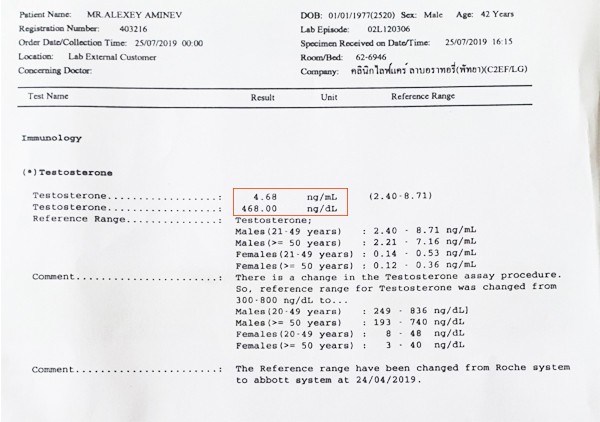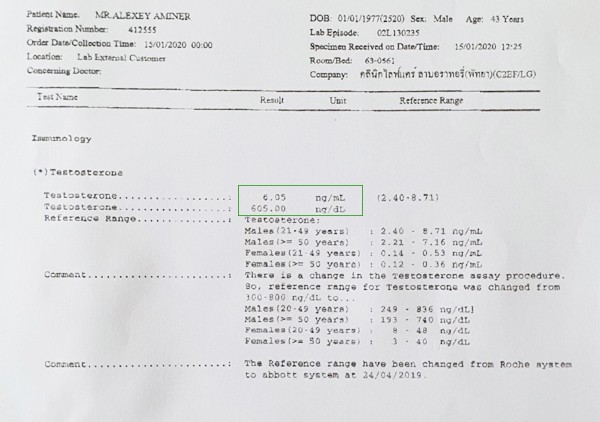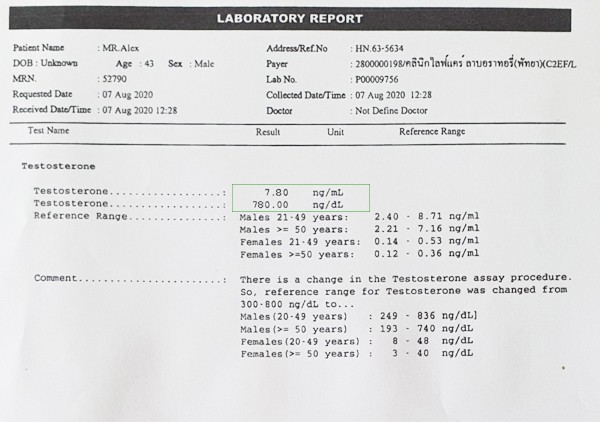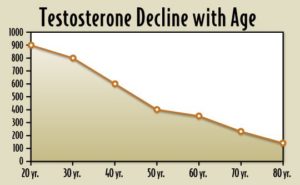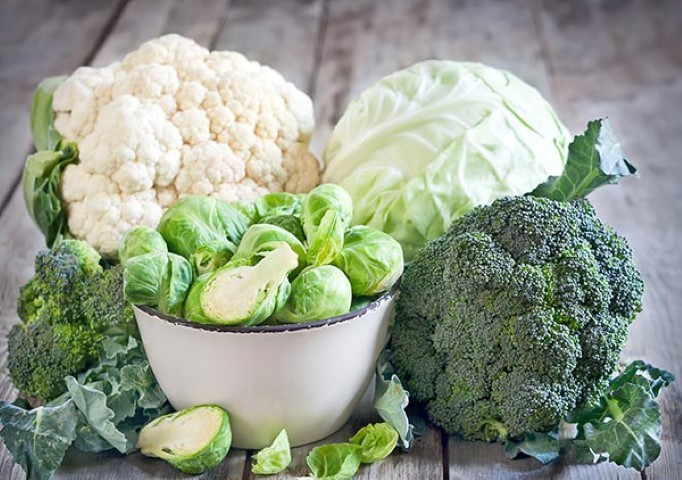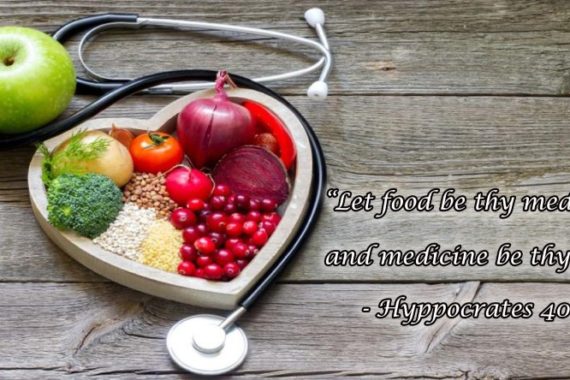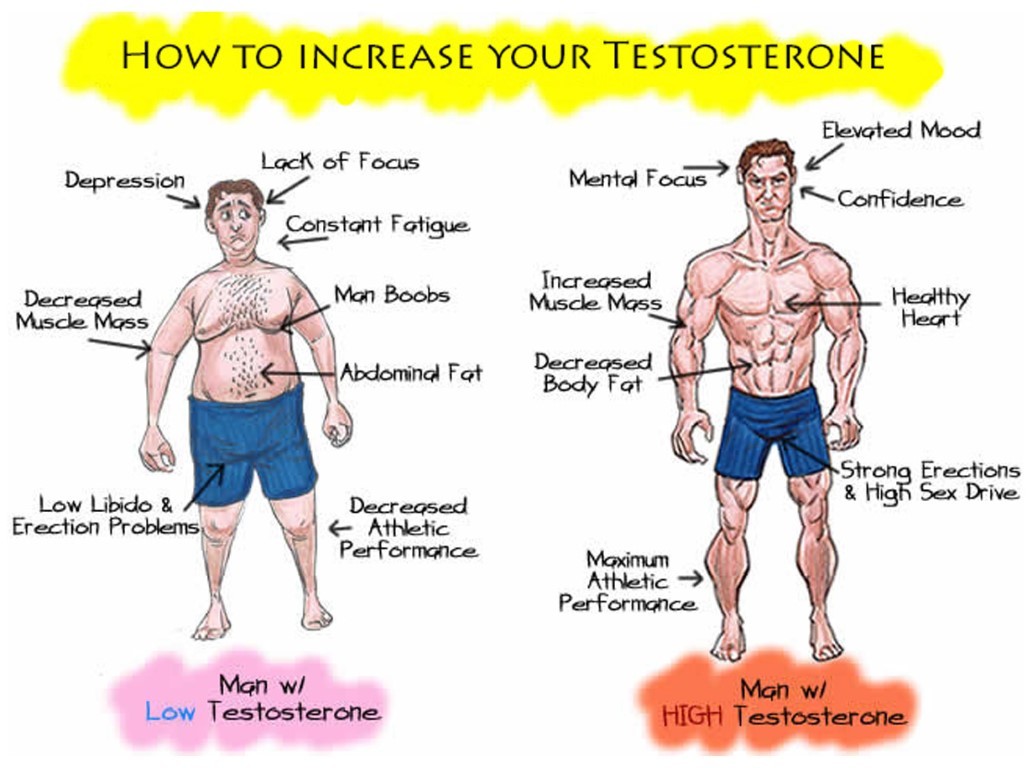
How to increase your Testosterone levels
As a certified Sports Nutritionist and Personal Trainer, one of the main questions I’ve been asked by my clients is how to NATURALLY increase your testosterone levels without having to turn to performance enhancing supplements and steroids.
I’ve done a lot of research on this topic and experimented with different approaches and today I’m going to share with you how I was able to naturally increase my testosterone from 468 to 780 ng/dL.
Bellow you can see my testosterone blood tests over a period of 12 months where I was able to successfully and naturally raise my T-levels.
I am afraid I have no super cool “secrets” to share and there are no easy shortcuts to increasing your T-levels. The truth is that increasing T-levels naturally simply comes down to making some long-term changes in your diet and lifestyle. As you’ll see what I did to increase testosterone levels largely boils down to eating better, exercising smarter, and getting good quality sleep. That’s pretty much it. But as with most things in life, the devil is in the details, so I’ll share with you exactly what I did and provide research that explains why the things I did helped boost my testosterone.
Many drug companies promote products that are supposed to increase testosterone, and while these might help some people in the short term, they may also slow down the body’s ability to naturally produce testosterone.
The good news here is that while the things I recommend below will boost your T-levels, their effect is hardly limited to testosterone. They will greatly increase your overall health and well-being at the same time.
Testosterone Decline
Testosterone is the most important male sex hormone. It is natural for testosterone levels to decline as a person ages, but there are steps that they can take to slow, and perhaps reverse, the process.
Low levels of testosterone can affect body composition unfavorably, and as people age, reduced testosterone levels can also cause weight gain. Low levels of testosterone also affect sexual function, causing reduced sex drive, fewer erections, and infertility.
In men aged between 19 and 39 who are of a healthy weight, normal testosterone levels range from between 250 and 920 nanograms per deciliters (ng/dL). From the age of 25–30, a man’s testosterone levels naturally start to decline. This is a problem because strong research shows a link between low testosterone and obesity, increased disease risk and premature death.
Symptoms of low testosterone levels in men include:
- Decrease in muscle mass and tone
- Lower sex drive (libido)
- Disturbed mood and sleep patterns
- Concentration and memory problems
- Hair loss on the body and face
Therefore, everyone should take the necessary lifestyle steps to optimize testosterone levels. You will improve your health and body at the same time.
The best way to improve testosterone levels is by adopting some lifestyle habits that can improve overall health and well-being.
So, lets get to the main subject of this article – how I was able to NATURALLY raise my testosterone levels from 468 – 780 ng/dL.
- Balanced Diet
What you eat has a major impact on testosterone as well as other hormone levels. Therefore, you must pay attention to your long-term calorie intake and diet strategy. Constant dieting or overeating may disrupt your testosterone levels.
Eating enough protein can help maintain healthy levels and aid in fat loss, which is also associated with your testosterone. Carb intake also plays a role, with research showing carbs can help optimize testosterone levels during resistance training. Research demonstrates that sufficient healthy fats are also beneficial for testosterone and health.
A diet based mainly on whole foods is best, with a healthy balance of fat, protein and carbs. This can optimize both hormone levels and long-term health. Don’t overeat and don’t restrict calories too much for too long. Try to eat balanced amounts of carbs, fat and protein.
Some foods like broccoli, cauliflower, and cabbage can help boost testosterone levels by removing estrogens in our body that lower our T-levels.
Garlic contains a compound called allicin which can be useful for lowering your cortisol levels. Cortisol is produced in the adrenal gland, which is where testosterone is produced.
Eggs are a fantastic source of protein, cholesterol, vitamin D and omega-3s, all of which aid in the production of testosterone.
Almonds contain high levels of the mineral zinc which is known to raise testosterone levels in people who are zinc deficient. If you are low in zinc this could stop the pituitary gland from releasing some of the key hormones for stimulating testosterone production.
Oats are an excellent source of B Vitamins which are key for good testosterone production.
Salmon is an excellent addition to the list of testosterone boosting foods because it contains magnesium, vitamin B and omega-3s which we have already established work to increase testosterone levels.
Tuna is an excellent source of Vitamin D which, according to researchers at Graz Medical University in Austria, can help boost testosterone levels. Vitamin D helps to maintain sperm count and tuna is an excellent way to get this particular vitamin, especially if you aren’t able to spend much time outside.
Beans (all types) are considered good sources of zinc which is proven to positively effect testosterone production in men.
There are a few other foods that claim to raise your testosterone level but these are the once I eat daily and they worked for me.
- Exercising and Weightlifting
Exercise boosts testosterone in two important ways. First, specific types of exercise actually cause our body to produce more testosterone. Second, exercise helps to increase muscle mass and decrease body fat. Adipose (fat) tissue converts testosterone into estrogen. The less fat you have, the more testosterone you have. All forms of exercise will help increase your testosterone levels but weight lifting and high-intensity interval training (HIIT) are the most effective. Muscle requires testosterone to build, and once you build muscle it will help you keep those T-levels elevated and metabolism working. Concentrate on compound movements and heavy lifts like squats, dead lifts, bench press & standing shoulder press.
Don’t overtrain! Overtraining is counterproductive. Prolonged endurance exercise can cause your testosterone to drop. Ensuring adequate recovery time will help you receive the full benefits of physical activity. Get regular good quality sleep for proper recovery from exercise.
- Lose weight
Research has shown that men who carry more weight have lower levels of testosterone. One study in the journal Clinical Endocrinology reported that some obese males between the ages of 14 and 20 have up to 50 percent less testosterone than those who are not overweight.
Scientists have discovered that fat cells have a high amount of enzyme named aromatase. Aromatases have an interesting function: basically, they’re tasked with building estrogen out of testosterone molecules. So when a man starts gaining weight from extra fat tissue, he’s got more and more aromatases converting his testosterone into estrogen. And thus, his testosterone levels will begin to fall. Under healthy conditions, aromatases convert only a small amount of your testosterone to estrogen so you have just the right amount of estrogen – not too little or too much.
- Minimize Stress
Stress elevates the hormone cortisol, which is responsible for managing a variety of processes, including immune response and metabolism.
Elevated cortisol negatively impacts testosterone. One 2016 study found that stressful events contributed to erratic changes to testosterone levels in males.
Stress and high cortisol can also increase food intake, weight gain and the storage of harmful body fat around your organs. In turn, these changes may negatively impact your testosterone levels.
- Get plenty of high-quality sleep
Getting good sleep is just as important for your health as diet and exercise. Lack of sleep can adversely affect the levels of hormones and chemicals that the body needs to function correctly, including testosterone. One study from the University of Chicago found that testosterone levels can drop in men who do not get enough sleep. The researchers found that after only 1 week of restricted sleep, daytime testosterone levels dropped by up to 15 percent. By contrast, normal aging sees testosterone decreases of just 1 to 2 percent per year.
Making sleep a priority may help maintain testosterone levels. People should aim to sleep at least 7 to 8 hours each night.
- Take supplements – Vitamin D, Zinc, Magnesium and Omega-3 Fish Oil
Vitamin D is quickly becoming one of the world’s most popular vitamins.
Research has shown that it has various health benefits, and may also work as a natural testosterone booster. A 12-month study found that supplementing with around 3,000 IU of vitamin D3 per day increased testosterone levels by around 25%.
Zinc is a dietary mineral that is often promoted for boosting testosterone. In fact, it only helps in people with a zinc deficiency, but that could be you – athletes and people who exercise a lot are prone to this because zinc is lost through sweat. Zinc deficiencies are associated with lower testosterone levels, so if supplementation brings zinc levels back into the normal range, testosterone levels will rise accordingly.
Like zinc, magnesium is also a dietary mineral and a deficiency is also linked to lowered testosterone levels. Taking magnesium supplements when deficient will restore testosterone levels to normal, but again, if you are not deficient then supplementation will not raise testosterone levels above normal. As with zinc, magnesium is lost through sweat so it is often recommended for athletes.
Conclusion
Unfortunately, the older men get, the less they take care of themselves – they stop exercising, start putting on weight, and don’t pay as much attention to their diet. While testosterone levels do decline with age, it is possible to keep the T-levels elevated by adopting some healthy lifestyle habits, proper nutrition and exercise.
Mindset, habits and routines are the building blocks for success toward your wellness goals.
For more information and FREE consultation please CONTACT our Certified Nutritionist and Personal Trainer.
Foods that Increase Testosterone
There are certain foods you can add to your diet that will help you boost your testosterone levels. Two nutrients that are especially important to your diet are vitamin D and zinc, both of which are precursors for making testosterone.

